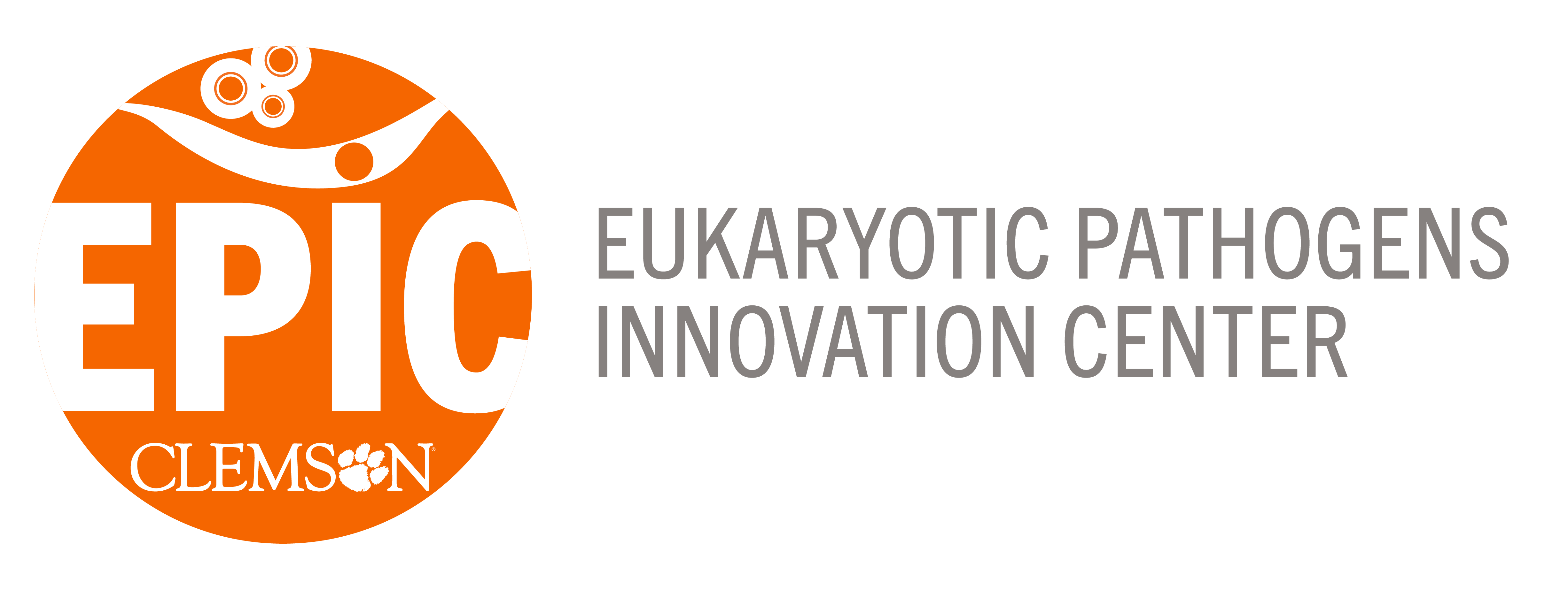
Title: Assistant Professor
Department: Genetics and Biochemistry
Email: jjl8@clemson.edu
Lab website: https://jameslewislab.com/
Biosketch:
My long-term research goal is to understand how populations adapt to novel selection pressures, focusing on: 1) What are the molecular mechanisms and changes that produce novel adaptive phenotypes?, 2) How do these mechanisms evolve?, and 3) How does adaptive change dictate subsequent evolution within and between populations? My current work on these questions is heavily weighted towards understanding modes of polygenic adaptation, with a strong emphasis on the role of epistasis, pleiotropy, and local genetic backgrounds in the adaptive process. This agenda also seeks to determine how different genetic architectures, such as either negative or positive epistasis in polygenic trait networks, may alter the way in which alleles are shared between populations. Addressing these questions is critical for future development of predictive models for when, where, and how beneficial and/or deleterious alleles are shared or restricted within and between populations. Current and ongoing research in my lab includes 1) the coevolution of the heat stress and innate immune response pathways along a latitudinal gradient in Limenitis archippus, and 2) how physiological adaptation to environmental change relates to a co-occuring polygenic wing polymorphism cline and the divergence from a related Limenitis species.
Research Summary:
My methodological approach to this work has been to combine population and quantitative genetic models with functional genomics—an approach that my research group has adopted. I have substantial experience in population genetic analysis of whole-genome sequences as well as extensive experience adapting protocols for ATAC-seq, ChIP-seq, PRO-seq, in situ Hi-C, and CRISPR-Cas9 mutagenesis for use in our lepidopteran models. Our lab approach to the study of adaptation is to use population and quantitative genetic methods to identify loci associated with trait adaptation, identify and validate the mechanisms of trait development using functional genomic assays, then return to population and quantitative genetic analyses to determine the evolutionary history of causal trait alleles. As an early stage and new principal investigator, I now work closely with my research group members to train them in the molecular and computational methods to perform these experiments and analyses. The long-term future directions of my research agenda are to use the discoveries from our current and ongoing work to verify, revise, and update population and quantitative genetic models of polygenic adaptation, polygenic cline formation, and the role of polygenic traits in population structure to generate predictive models for trait evolution applicable to any species of interest.
Selected Publications:
Lewis JJ, Geltman RC, Pollak PC, Rondem KE, Van Belleghem SM, Hubisz MJ, Munn PR, Zhang L, Benson C, Mazo-Vargas A, Danko CG, Counterman BA, Papa R, Reed RD. Parallel evolution of ancient, pleiotropic enhancers underlies butterfly wing pattern mimicry. Proc Natl Acad Sci U S A. 2019 Nov 26;116(48):24174-24183. PubMed Central PMCID: PMC6883815
Lewis JJ, Van Belleghem SM, Papa R, Danko CG, Reed RD. Many functionally connected loci foster adaptive diversification along a neotropical hybrid zone. Sci Adv. 2020 Sep;6(39) PubMed Central PMCID: PMC7518860.
Barshad G, Lewis JJ, Chivu AG, Abuhashem A, Krietenstein N, Rice EJ, Ma Y, Wang Z, Rando OJ, Hadjantonakis AK, Danko CG. RNA polymerase II dynamics shape enhancer-promoter interactions. Nat Genet. 2023 Aug;55(8):1370-1380. PubMed Central PMCID: PMC10714922.
Choate LA, Barshad G, McMahon PW, Said I, Rice EJ, Munn PR, Lewis JJ, Danko CG. Multiple stages of evolutionary change in anthrax toxin receptor expression in humans. Nat Commun. 2021 Nov 15;12(1):6590. PubMed Central PMCID: PMC8592990.
Ray J, Munn PR, Vihervaara A, Lewis JJ, Ozer A, Danko CG, Lis JT. Chromatin conformation remains stable upon extensive transcriptional changes driven by heat shock. Proc Natl Acad Sci U S A. 2019 Sep 24;116(39):19431-19439. PubMed Central PMCID: PMC6765289.
